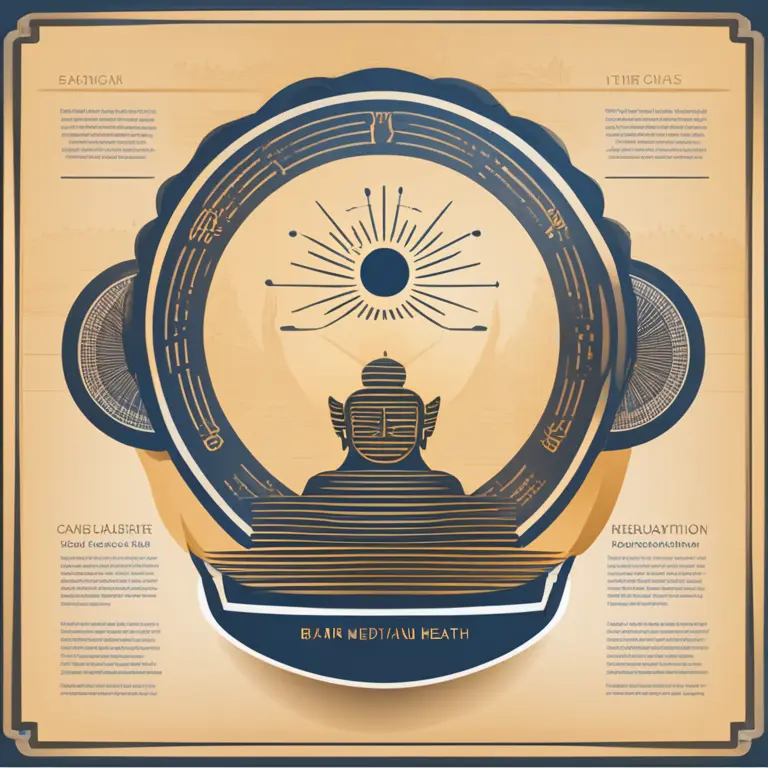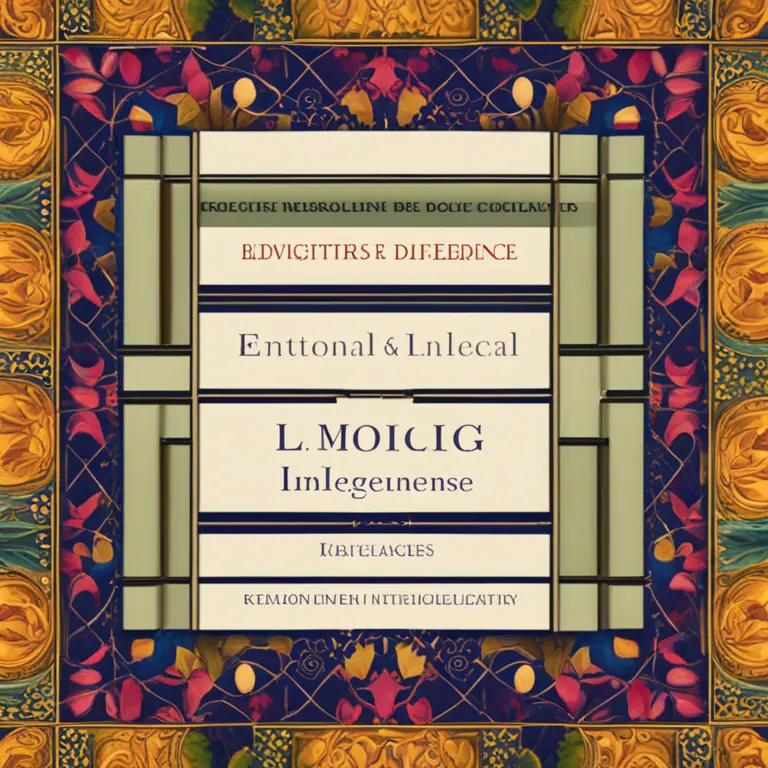
The Best Meditation Practices for Brain Health
Discover top meditation techniques that enhance cognitive function and mental well-being, suitable for beginners to advanced practitioners.
article by Hina Kurosawa
Introduction to Meditation and Brain Health
Meditation has long been revered for its calming effects, but its benefits extend beyond relaxation to significantly enhance brain function. In this age where cognitive health is as important as physical fitness, incorporating meditation into your daily routine could be the key to a stronger, healthier brain. In this article, we will guide you through the most effective meditation practices to boost your brain power.

Insight Meditation for Cognitive Clarity
Insight meditation, also known as Vipassana, is a practice rooted in Buddhist tradition, focusing on the cultivation of self-awareness. By observing thoughts without attachment, practitioners can achieve greater mental clarity, critical for cognitive processing and decision-making. Emerging studies support that regular insight meditation contributes to enhanced concentration and sharper focus, both essential components of brain health.

Mindfulness-Based Stress Reduction (MBSR)
Developed by Dr. Jon Kabat-Zinn, Mindfulness-Based Stress Reduction combines mindfulness meditation and yoga to improve mental well-being. Its structured approach makes it ideal for beginners. MBSR has been studied extensively and has shown promise in reducing anxiety and depression, as well as improving memory and cognitive flexibility—vital skills for navigating the complexities of modern life.
Loving-Kindness Meditation for Emotional Intelligence
Loving-Kindness Meditation, or Metta Bhavana, is a practice aimed at cultivating compassion. By directing well-wishes towards oneself and others, it strengthens emotional regulation—a skill linked with increased gray matter density in brain regions associated with empathy. In cultivating a compassionate mindset, practitioners often find their social connections and overall mental health improve, thus benefiting brain function.
Zazen for Enhanced Concentration
A foundational practice of Zen Buddhism, Zazen, or seated meditation, requires practitioners to observe their breath and posture with precision. This practice trains the mind to remain focused on the present moment, which, in turn, exercises the brain's attention networks. Research indicates this kind of meditation can foster significant improvements in attention span and reduce age-related cognitive decline.
Chakra Meditation for Mind-Body Balance
Emerging from Hindu and tantric traditions, Chakra meditation focuses on the body's seven chakras, or energy centers. By visualizing and channeling energy through these centers, the practice aims to harmonize the mind-body connection. While more research is needed, proponents suggest that Chakra meditation can lead to mental clarity and cognitive balance, offering unique benefits for brain health.
Transcendental Meditation for Stress Relief
Transcendental Meditation provides a simplified technique for achieving a deep state of relaxation and heightened awareness. Its ease of learning and practice makes it an excellent option for those seeking stress relief, which is a key factor in maintaining cognitive functions and preventing stress-related cognitive impairment. Many practitioners report improved mental clarity and an enhanced sense of peace with regular practice.
Mantra Meditation for Memory Enhancement
Mantra meditation involves repetitive chanting of a word or phrase to focus the mind and deepen the meditative state. This repetition can enhance auditory processing and verbal memory, integral components of brain function. Studies suggest that this type of meditation can improve recall abilities and cognitive resilience, valuable benefits in an age rife with information overload.
Published: 1/24/2024
Modified: 1/24/2024
More predictions
Come back here soon to learn more about yourself and your future


Varieties of Meditation Techniques for Inner Harmony
Explore different meditation techniques to enhance your inner peace and spiritual growth in this comprehensive guide.


Simple Guide to Meditation Practices
Meditation made easy for beginners – discover simple techniques to start your mindfulness journey.


Meditation Techniques for Stress Relief Explored
Discover effective meditation methods to alleviate stress and foster inner peace in this concise guide for well-being.